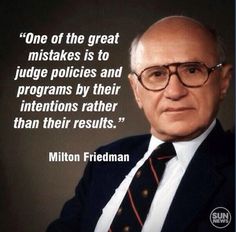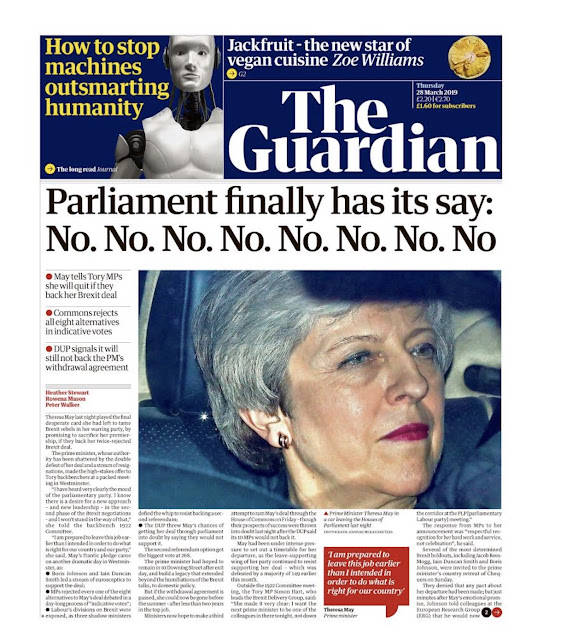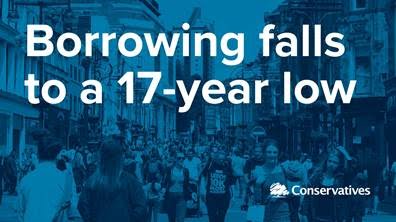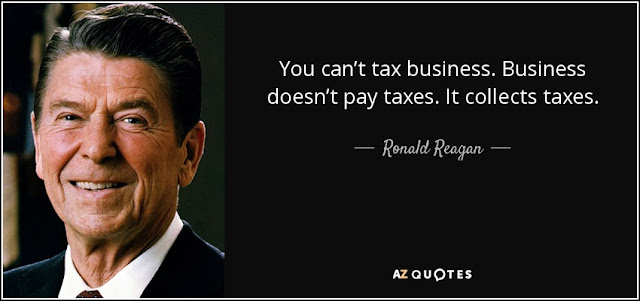Time for the extremism commissioner to look at all Britain's political parties?
When I proposed the motion (which was unanimously agreed) that Cumbria County Council should adopt the International Holocaust Remembrance Alliance working definition of Anti-Semitism , I said that none of Britain's political parties are wholly free of Anti-Semitism and none of them can afford to be complacent about it. Had we been talking about Islamophobia, I might equally have said that none of Britain's political parties are wholly free of prejudice against Muslims and none of them can afford to be complacent about that form of racism either. It is hardly a secret that the Labour party has had huge difficulties with Anti-Semitism and this is one of the main reasons why they have lost more than ten MPs, some of whom are now part of the Independent Group which is trying to register as "Change UK" Nor it is a secret that UKIP's present leader has become joined at the hip with Stephen Yaxley-Lennon (who uses the name Tommy Robinson) and essentially turned UK












